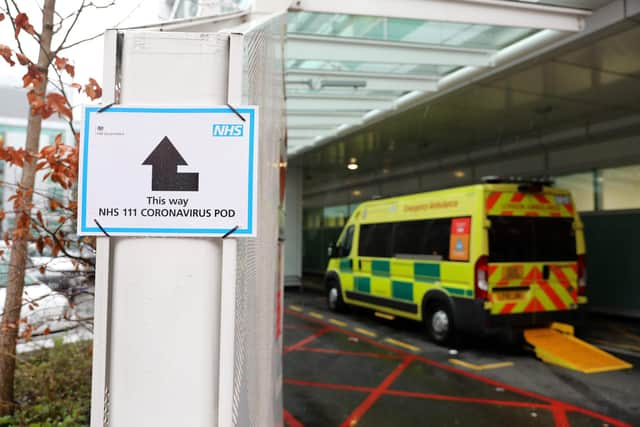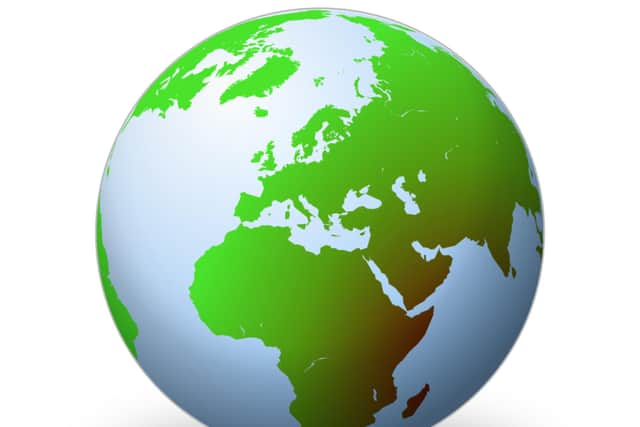These are all the places in the world still without a case of coronavirus
and live on Freeview channel 276
With the number of UK cases approaching 34,000 and the death toll nearing 3,000, all eyes are on countries around the world most badly affected, including Italy, Spain, Iran and the USA.
But there are still 19 countries across the world which have not reported cases.
Advertisement
Hide AdAdvertisement
Hide AdThere are 193 countries which are members of the United Nations and as of 2 April, these are the places yet to be hit, according to data from Johns Hopkins University.


Comoros
Kiribati
Lesotho
Malawi


Marshall Islands
Micronesia
Nauru
Palau
Samoa
Sao Tome and Principe
Solomon Islands
South Sudan
Tajikistan
Tonga
Turkmenistan
Tuvalu
Vanuatu
Yemen
However, some are likely to have unreported cases such as highly secretive North Korea, a close ally of China where the disease originated and war-torn Yemen.
Most are small islands with few visitors - in fact, seven of the world’s 10 least-visited places, as per UN data, are free of Covid-19.
So will anywhere in the world remain COVID-19 free during the pandemic?
Advertisement
Hide AdAdvertisement
Hide AdMost of the unaffected areas are islands with no land borders – so all eyes are on those nations.
"It’s likely to be those South Pacific, very remote islands, I would put my money on that," says Andy Tatem, a professor in spatial demography and epidemiology at the University of Southampton.
"But in our globalised economy I’m not sure there’s anywhere that will escape such an infectious disease."